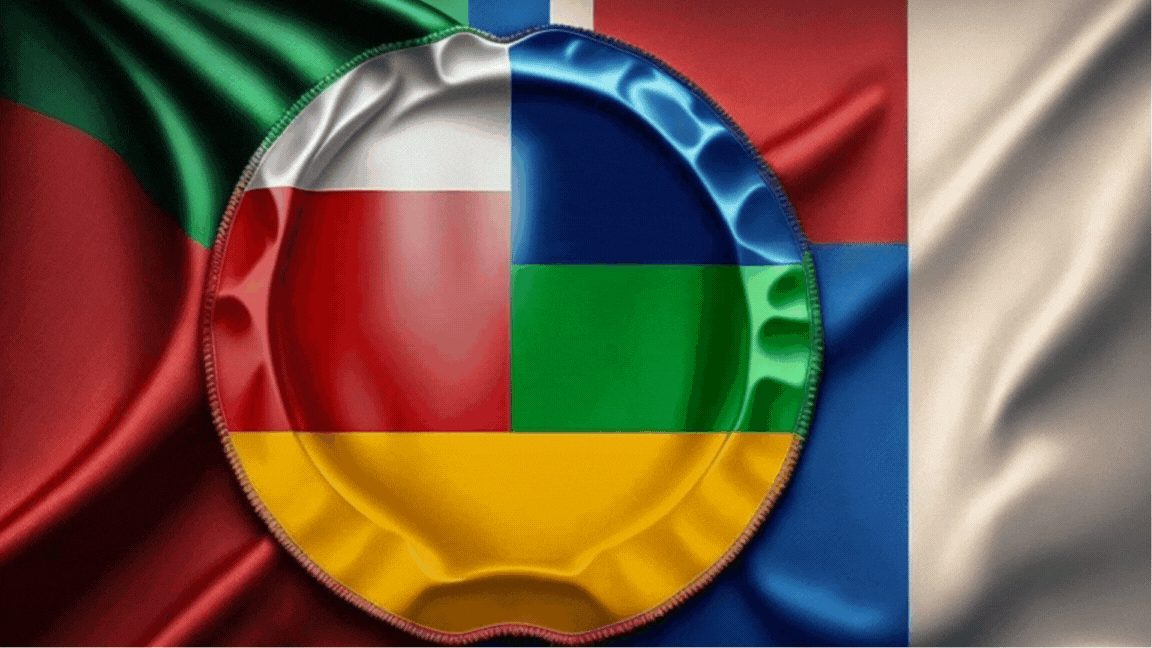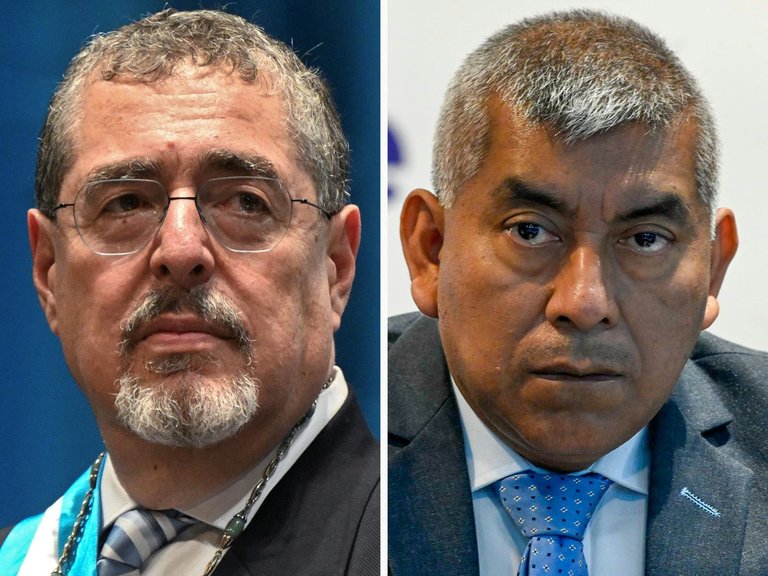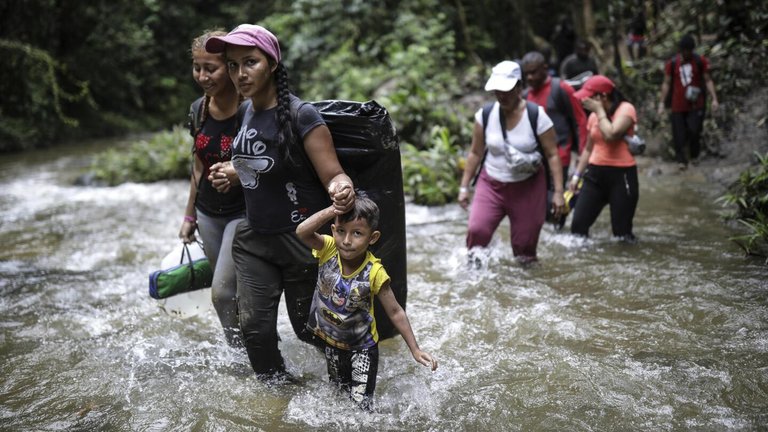
Guatemala: poverty, insecurity and institutional crisis
Updated data on poverty in this Central American country, governed after a long time by a president—Bernardo Arévalo—who does not come from the conservative mold, was presented this week. The information shared by the statistical authority is not at all flattering. According to the official survey conducted last year, 56.0% of the population is living in poverty, while 16 out of every 100 in this group live in extreme poverty, disconnected from the Internet and still cooking with firewood in the vast majority of cases. As always, Guatemala's problems—which also historically encompass other key areas such as health services—are worst in rural areas. Insecurity, a scourge that claimed some 4,370 lives last year, is also rife in the capital itself, where three people were murdered yesterday, Sunday, in a neighborhood in the western part of the city.
Arévalo came to power with the promise of eradicating this situation, but above all very focused on corruption. Since the presidency of Álvaro Colom in the first decade of this century, no one of a somehow “progressive” nature had run the business in the Zone 1. However, Arévalo has had to face an onslaught from the judiciary that began when he slipped into the second round of the presidential elections against all odds. The Public Prosecutor's Office even tried to prevent his inauguration, which turned into a chaotic session in which not even the international authorities who assisted were respected. Now, the pointed prosecutor Rafael Curruchiche seeks to strip Arévalo of his immunity, accusing him of authorizing illegal payments to construction companies. In matters of international policy, the social democrat has been very close to Washington, and so very aligned when it comes to issuing criteria on cases such as Venezuela.
 On the left in the image (source), Bernardo Arévalo, on the right, Rafael Curruchiche.
On the left in the image (source), Bernardo Arévalo, on the right, Rafael Curruchiche.Regional quick news
The Bolivarian National Guard (Venezuela) seized three tons of cocaine coming from Colombia, which camouflaged in coffee packages was to be loaded on a plane of the Venezuelan state airline Conviasa bound for Russia, an intermediate stop before reaching its last one in Afghanistan. The oil nation's transport minister denied that the president of a Conviasa subsidiary is being detained as part of the investigations.
Hundreds of people demonstrated in the Aztec capital this Sunday, in a continuation of the protests against the judicial reform that the ruling political force is trying to advance. The initiative, one of the most profound promoted by AMLO, intends, among other things, that judges and magistrates be elected by popular vote. This week it was confirmed that MORENA will have the necessary muscle in Congress to approve this reform without negotiating with other benches.
Almost 7 out of every 10 irregular migrants who have crossed the dangerous Darién jungle—the natural border between Colombia and Panamá—this year are Venezuelan. In total, so far this year more than 230,000 migrants have taken on this adventure, which always leaves painful physical and psychological scars on those who pass through it. At least 45 of them have died in the attempt. With U.S. financial support, the Panamanian government has begun to deport migrants, although the numbers are unrepresentative and mainly Colombians with criminal records.
 Source
SourceAnd this is all for our report today. I have referenced the sources dynamically in the text, and remember you can learn how and where to follow the LATAM trail news by reading my work here. Have a nice day.

